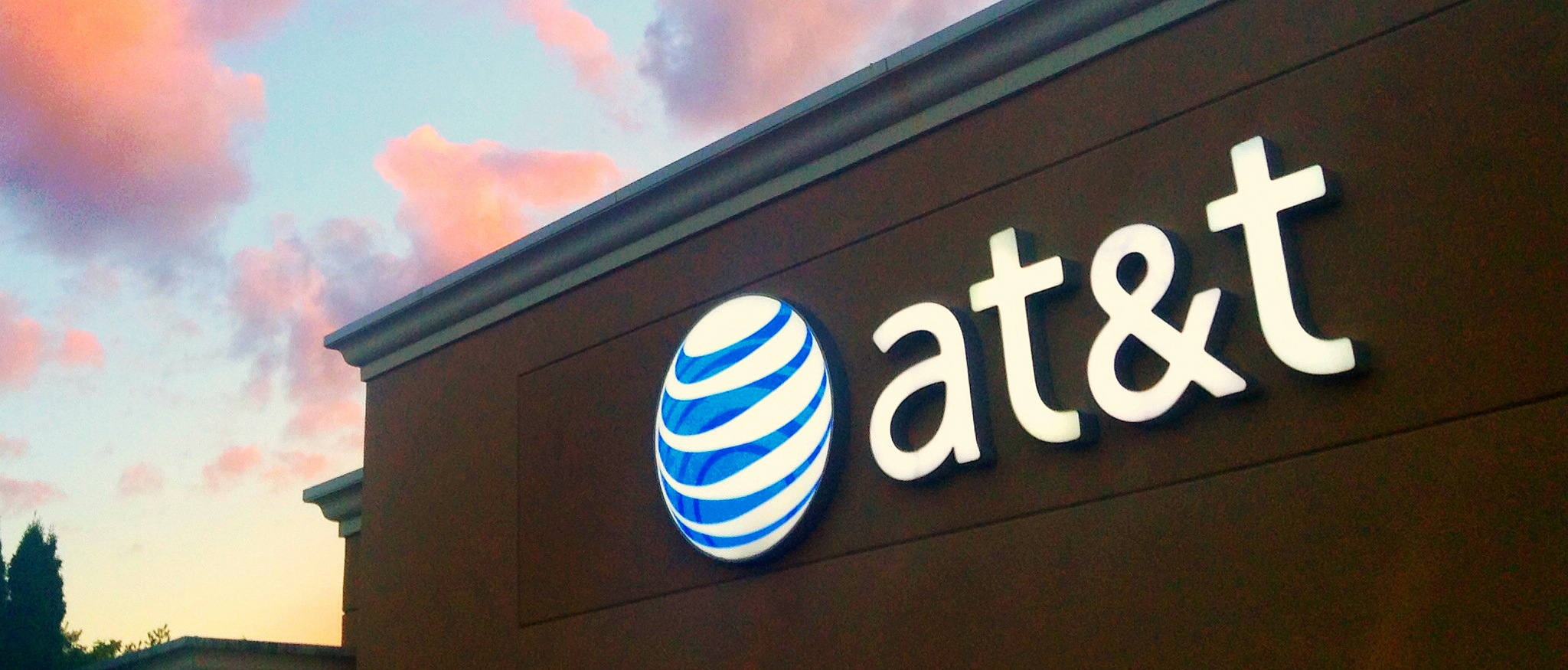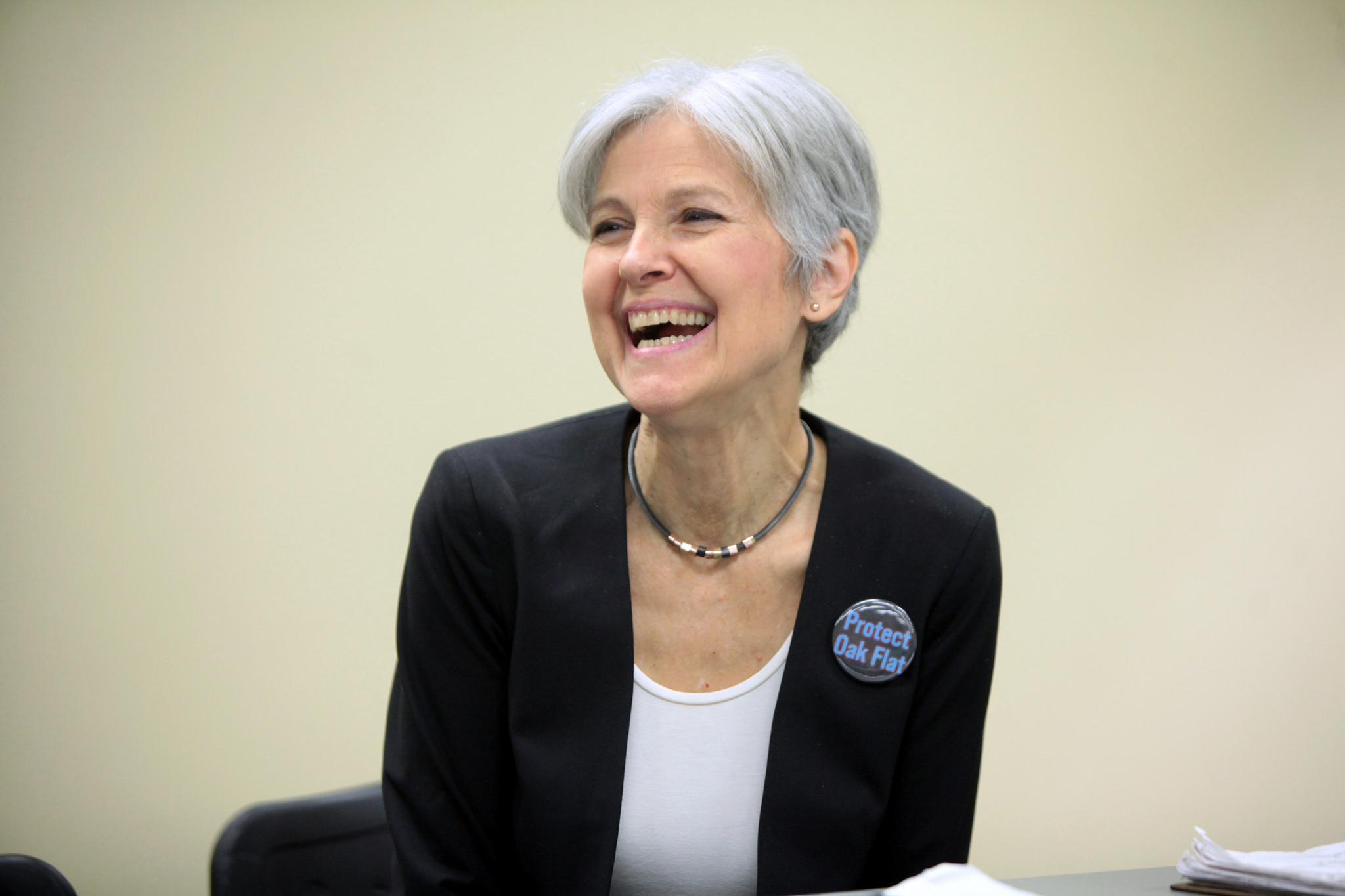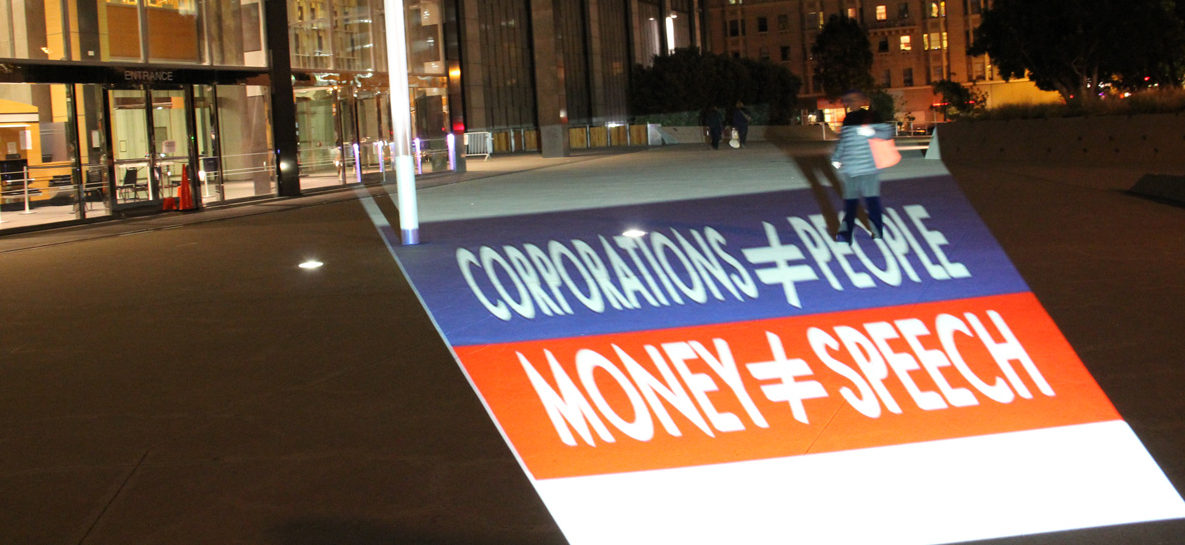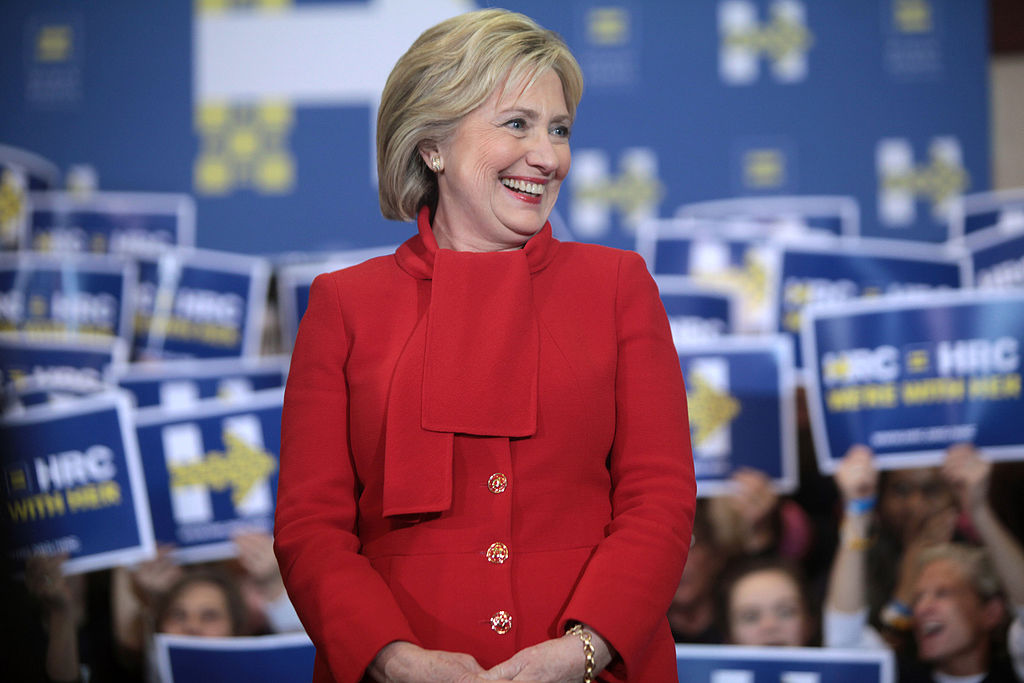The Panama Papers, a massive leak of secret financial data relating to the use of overseas tax havens, cast an uncomfortable spotlight on many political figures and world governments.
However, the 11.5 million documents contain few American names or corporations, leading some to speculate that the documents had been censored before release.
While Mossack Fonseca, the secretive “boutique” law firm that created the hundreds of offshore shell corporations revealed in the leak, may have simply served a primarily European clientele, there’s another reason that few American corporations have been found in the files: When a U.S. company wants to hide its earnings, it’s easier to create a tax shelter at home than to take its business abroad.
Several states, including Nevada, Delaware, and Wyoming, have corporate tax laws so lenient, they are effectively domestic tax havens. In these states, “it’s possible to create these shell corporations with virtually no questions asked,” said Matthew Gardner, executive director of the Institute on Taxation and Economic Policy, a Washington-based nonprofit, in a recent interview with The New York Times’ Patricia Cohen.
While shell corporations may have legal uses, they are most often used for “cloaking wrongdoing” from public and governmental scrutiny. Gardner described to Cohen that, “Aside from avoiding taxes, shell companies are routinely used by terrorist organizations to hide assets, by political donors to sidestep campaign finance laws and by criminals to launder money.”





